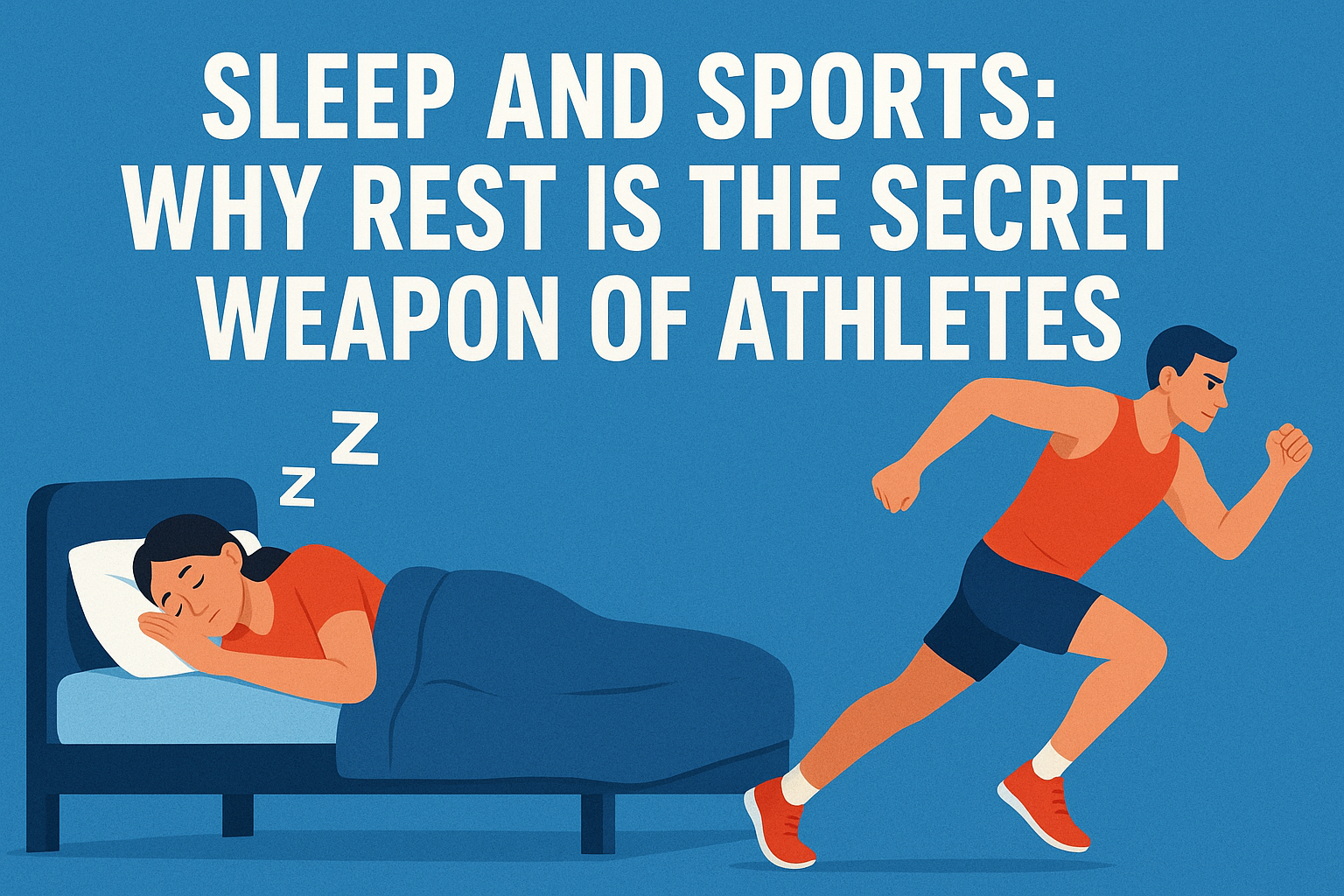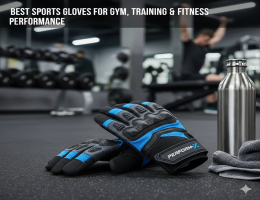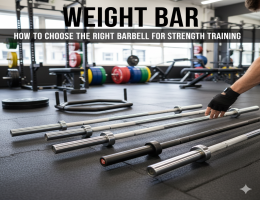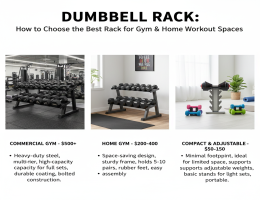
Sleep and Sports: Why Rest is the Secret Weapon of Athletes
Posted on: 25 Sep, 2025
Many people believe that training hard is the key to athletic success. While workouts, drills, and practice are important, there is another factor that often gets overlooked: sleep. For athletes and fitness enthusiasts alike, rest is not wasted time—it is when the body repairs itself, strengthens, and prepares for the next challenge.
Sleep is essential for muscle recovery, focus, reaction time, and overall performance. Without adequate rest, even the most dedicated athlete can struggle with injuries, fatigue, and reduced effectiveness in their sport.
The Science Behind Sleep and Performance
During deep sleep, the body releases growth hormones that repair muscles, tissues, and even bones. REM sleep, the stage associated with dreaming, is crucial for mental sharpness, decision-making, and memory consolidation. Athletes often notice that a good night’s sleep directly improves their reaction times, precision, and endurance.
Sleep deprivation, on the other hand, can be detrimental. Lack of rest can cause slower reflexes, reduced focus, irritability, and higher chances of injury. Even professional athletes recognize that sleep is as important as training itself.
How Sleep Boosts Sports Performance
Adequate sleep impacts both the body and the mind. Physically, muscles recover, inflammation reduces, and energy levels are replenished. Mentally, focus improves, strategy execution becomes sharper, and response time during games or training sessions is faster.
For sports like table tennis, badminton, or cricket, where reflexes and precision are key, even small improvements in reaction time can make a huge difference. Sleep also strengthens the immune system, allowing athletes to maintain consistent training without being sidelined by illness.
Tips for Better Sleep and Recovery
Getting quality rest requires more than just lying in bed. Simple practices can significantly improve sleep quality and recovery:
- Maintain a regular sleep schedule to regulate your body clock.
- Relax before bedtime with light stretches or gentle exercises.
- Use recovery tools like foam rollers to relieve tension and improve circulation.
- Keep your sleep environment cool, dark, and quiet to promote uninterrupted rest.
- Short naps of 20–30 minutes can boost alertness and energy during the day.
Even small changes in your routine can have a significant impact on both performance and long-term health.
Lifestyle Balance for Athletes
Sleep works best when combined with proper nutrition and sensible training. Overtraining without adequate rest can backfire, causing injuries and fatigue. By prioritizing recovery as much as workouts, athletes create a strong foundation for consistent progress and improved performance.
Regular sleep also supports mental health, reduces stress, and improves focus, making it easier to concentrate during competitions or high-pressure moments.
Conclusion
Sleep is not optional—it’s a secret weapon for anyone serious about fitness or sports. By combining sufficient rest with smart training, proper nutrition, and recovery tools, you can improve your reflexes, strength, and endurance naturally.
Start today: use Koxtonsmart’s yoga mats for pre-sleep stretches and foam rollers for muscle recovery, and experience how quality sleep can elevate your performance to the next level.
FAQs
Q1: How many hours of sleep do athletes need?
A: Most athletes require 8–10 hours of sleep daily for optimal recovery.
Q2: Can short naps improve performance?
A: Yes, 20–30 minute naps can enhance alertness, focus, and energy levels.
Q3: How do yoga mats and foam rollers help with sleep?
A: Yoga mats allow comfortable stretching and relaxation before sleep, while foam rollers relieve muscle tension, making it easier to rest fully.







Comments
No comment yet.